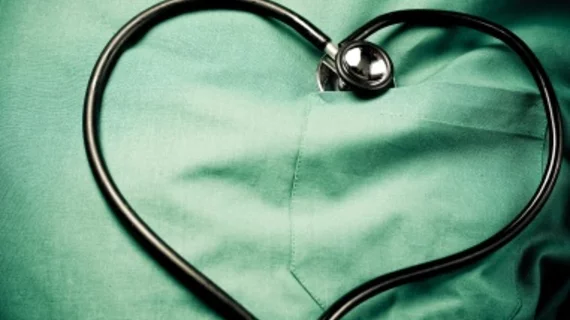Abiomed’s Impella RP system is safe, FDA says
Results from the FDA’s latest investigation into Abiomed’s Impella RP system are in—and, with a couple of caveats, they’re positive.
The Impella right ventricular assist device—a temporary right heart pump system that helps patients maintain stable cardiac function without invasive surgery—was first placed under the microscope in February, after an FDA post-approval study (PAS) suggested patients treated with the Impella system were seeing higher mortality rates than those observed in initial premarket studies. The agency wrote they were “concerned” about the higher-than expected death rates at the time, but maintained the Impella was safe in appropriately selected patients.
The FDA sustained that position in its May 21 letter to physicians, which provided an update on the ongoing PAS. While the interim study did identify a lower survival rate for certain PAS patients, the agency wrote, “the primary reason for the difference in survival outcomes appears to be patient selection.” Individuals who fared worse in the PAS wouldn’t have even qualified for Abiomed’s premarket studies.
“PAS patients who would not have qualified for the premarket clinical studies were more likely to have been in cardiogenic shock for longer than 48 hours, experienced a cardiac arrest or suffered a pre-implant hypoxic or ischemic neurologic event before getting the Impella RP system implanted compared to the PAS patients who would not have met the enrollment criteria for the premarket clinical studies,” the letter read.
The most recent PAS results found 28.6% of enrolled PAS patients survived to 30 days post-implant or post-hospital discharge, or to the start of their next longer-term therapy. That rate is a drastic dip from premarket studies, which identified an average survival rate of 73.3%.
Breaking down PAS patients into subgroups, researchers found those who would have met initial enrollment criteria for premarket Impella studies achieved a survival rate of 64.3%—similar to the premarket study survival rate. For the group of PAS patients who wouldn’t have qualified for premarket studies, the survival rate was just 10.7%.
“In these patients, the PAS survival rate should be interpreted in the context of the patients’ conditions and limited treatment options,” the FDA wrote.
Abiomed said in a statement the FDA’s letter underlines the need for early and appropriate patient selection for its Impella system, noting cardiogenic shock as “the root cause of differences between the survival rate in the premarket study and the PAS.”
“In a letter sent to healthcare providers today, the U.S. FDA validates that Abiomed’s Impella RP heart pump is safe and effective for treatment of right heart failure,” the company said. “Impella RP is the most studied right-side device and the only percutaneous technology with FDA approval designating it as safe and effective for right heart support.”
The FDA still encouraged healthcare providers to read and follow the revised labeling for the Impella system, which now includes a patient checklist to make sure only those who would benefit most from the therapy are receiving it. As always, the agency said physicians should carefully weigh the pros and cons of any device with their patient before settling on a treatment option.

